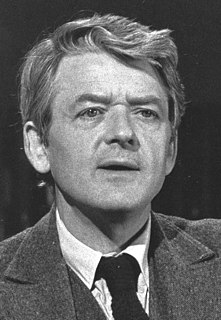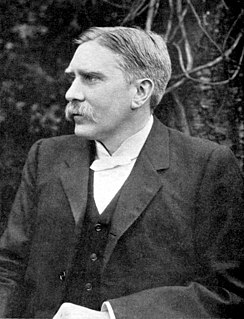A Quote by Hal Holbrook
I developed a resistance to authority. Not to discipline - I learned that. But to authority. I like to think for myself. And I like to cause trouble.
Quote Topics
Related Quotes
The self-discipline of the Social Democracy is not merely the replacement of the authority of bourgeois rulers with the authority of a socialist central committee. The working class will acquire the sense of the new discipline, the freely assumed self-discipline of the Social Democracy, not as a result of the discipline imposed on it by the capitalist state, but by extirpating, to the last root, its old habits of obedience and servility.
As one might expect, authoritarianism will at times cause children and students to adopt rebellious positions, defiant of any limit, discipline, or authority. But it will also lead to apathy, excessive obedience, uncritical conformity, lack of resistance against authoritarian discourse, self-abnegation, and fear of freedom.
The reason why the simpler sort are moved with authority, is the consciousness of their own ignorance; whereby it cometh to pass that having learned men in admiration, they rather fear to dislike them than know wherefore they should allow and follow their judgments. Contrariwise with them that are skilful authority is much more strong and forcible; because they only are able to discern how just cause there is why to some men's authority so much should be attributed.
Self-confidence is inseparable from submission to the creedal order, and through that order, to the supreme authority expressed in that order. ... Deep individualism cannot exist except in relation to the highest authority. No inner discipline can operate without a charismatic institution, nor can such an institution survive without that supreme authority from a relation to whom self-confidence derives. Without an authority deeply installed, there is no foundation for individuality. Self-confidence thus expresses submission to supreme authority.
Nothing of importance is ever achieved without discipline. I feel myself sometimes not wholly in sympathy with some modern educational theorists, because I think that they underestimate the part that discipline plays. But the discipline you have in your life should be one determined by your own desires and your own needs, not put upon you by society or authority.
The notion of the enduring authority focuses on the fact that some people think that notions like authority of Scripture's is passé, while others say that the present configuration of the doctrine of inerrancy is a late addition. And to both we want to say, No we're talking about the enduring authority of Scripture, grounded first and foremost in its relevatory status, something given by God and utterly reliable.




































